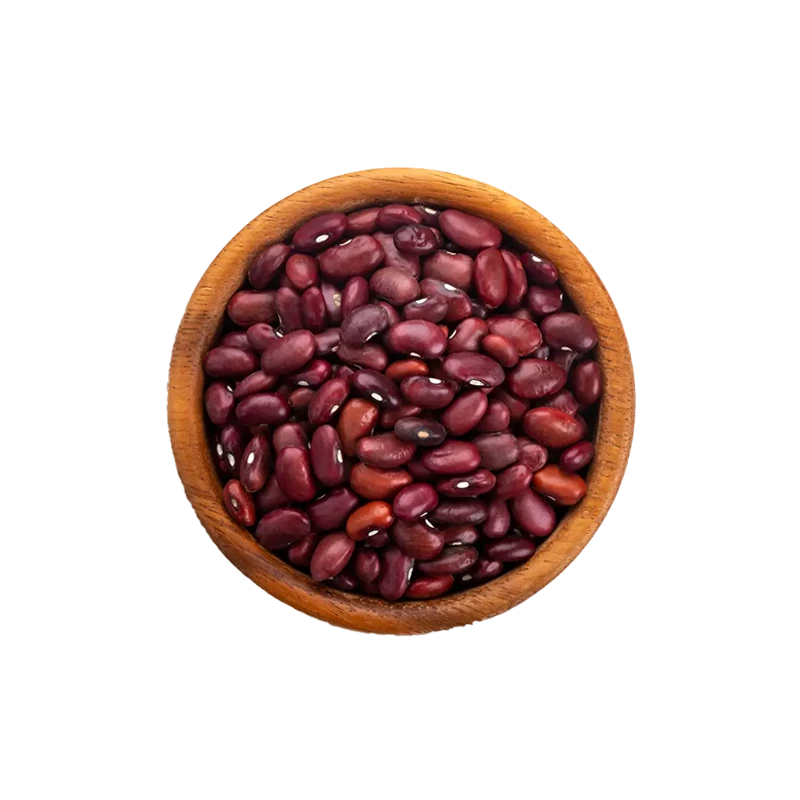Beef Patty — Nutrients, Health Benefits, and Shopping Tips

Written by Listonic Team
Last update on September 4, 2024
Nutrients
Nutrition facts
Amount per 100 g
Calories
🔥 254 kcal
| Nutrients per: 100 g | Value | % Daily Value* |
|---|---|---|
| Carbs | 0 g | - |
| Fiber | 0 g | - |
| Sugars | 0 g | - |
| Glycemic Index | 0 | - |
| Protein | 18 g | 36% |
| Sodium | 72 mg | 3.13% |
| Total Fat | 20 | 25.64% |
*The % of Daily Value (DV) tells you how much a nutrient in a serving of food contributes to a daily diet. 2,000 calories a day is used for general nutrition advice.
18 g
🧀 Good Protein Content
Key takeaways
Health benefits
- High in protein, essential for muscle growth and repair.
- Rich in iron, which helps in the formation of red blood cells and prevents anemia.
- Contains essential vitamins and minerals such as zinc and B vitamins, which support immune function and energy metabolism.
- Versatile and convenient, providing a quick and nutritious meal option.
Health risks
- High fat content particularly in fattier cuts used for patties, which can contribute to increased cholesterol levels and heart disease.
- High calorie content which can lead to weight gain if not balanced with overall dietary intake.
- Risk of contamination with harmful bacteria like E. coli, especially if not cooked to the proper internal temperature.
- Potential carcinogens from grilling or frying at high temperatures, which can produce harmful compounds such as heterocyclic amines (HCAs).
How to choose beef patty
Beef patties should be thick and showcase natural marbling. Freshness is indicated by a bright red color, avoiding any gray or brown hues. Opt for patties made from pure ground beef, devoid of fillers or excessive preservatives.
Do not purchase beef patties that have uneven shapes or inconsistent coloring, which suggest poor quality meat or improper storage. Frozen patties stuck together or showing ice crystals may have been thawed and refrozen, thus best avoided.

How to store beef patty
Beef patties should be stored in the refrigerator and used within a few days. Freezing is suitable for longer storage, typically up to three months. Keeping them in an airtight container or tightly wrapped helps maintain freshness.
Room temperature is not ideal for storing beef patties, as they can spoil quickly. Avoid refreezing beef patties once thawed, as this can affect their texture and quality. Thawing patties in the refrigerator ensures they remain safe to eat.
✅ Extra Tip
How long does it last?
Beef patties can last for 1-2 days in the refrigerator. When frozen, they can be stored for up to 3-4 months. To prevent freezer burn, ensure they are tightly wrapped or vacuum-sealed.
What to do with leftovers?
Leftover beef patties can be used in many delicious ways. Crumble them into tacos, burritos, or quesadillas for a quick and easy meal. They are also great chopped and added to a pasta dish or casserole for extra protein.
Use leftover beef patties as a topping for pizzas or mix them into a stir-fry with vegetables. You can also slice them and add to sandwiches or wraps with your favorite toppings. If you have a lot of beef patties, consider making a batch of beef chili or using them in a shepherd's pie. Beef patties can also be crumbled into a salad for a hearty, filling meal or used as a topping for nachos with cheese and salsa.
👨⚕️️ Medical disclaimer
How beef patty supports specific health conditions
Beef patties provide a source of protein that supports muscle health and aids in tissue repair. They are also rich in iron, promoting blood health by preventing anemia. Depending on the cut used, lean beef patties can contribute to heart health when consumed in moderation. Adding vegetables and whole grains as toppings or sides can further enhance the nutritional value of a beef patty meal.
Discover products from other categories
Listonic Team
Fact-checked
Our editorial team checked this article to make sure it was accurate at the time of publishing it.
Get the top-rated shopping list app

beef patty







